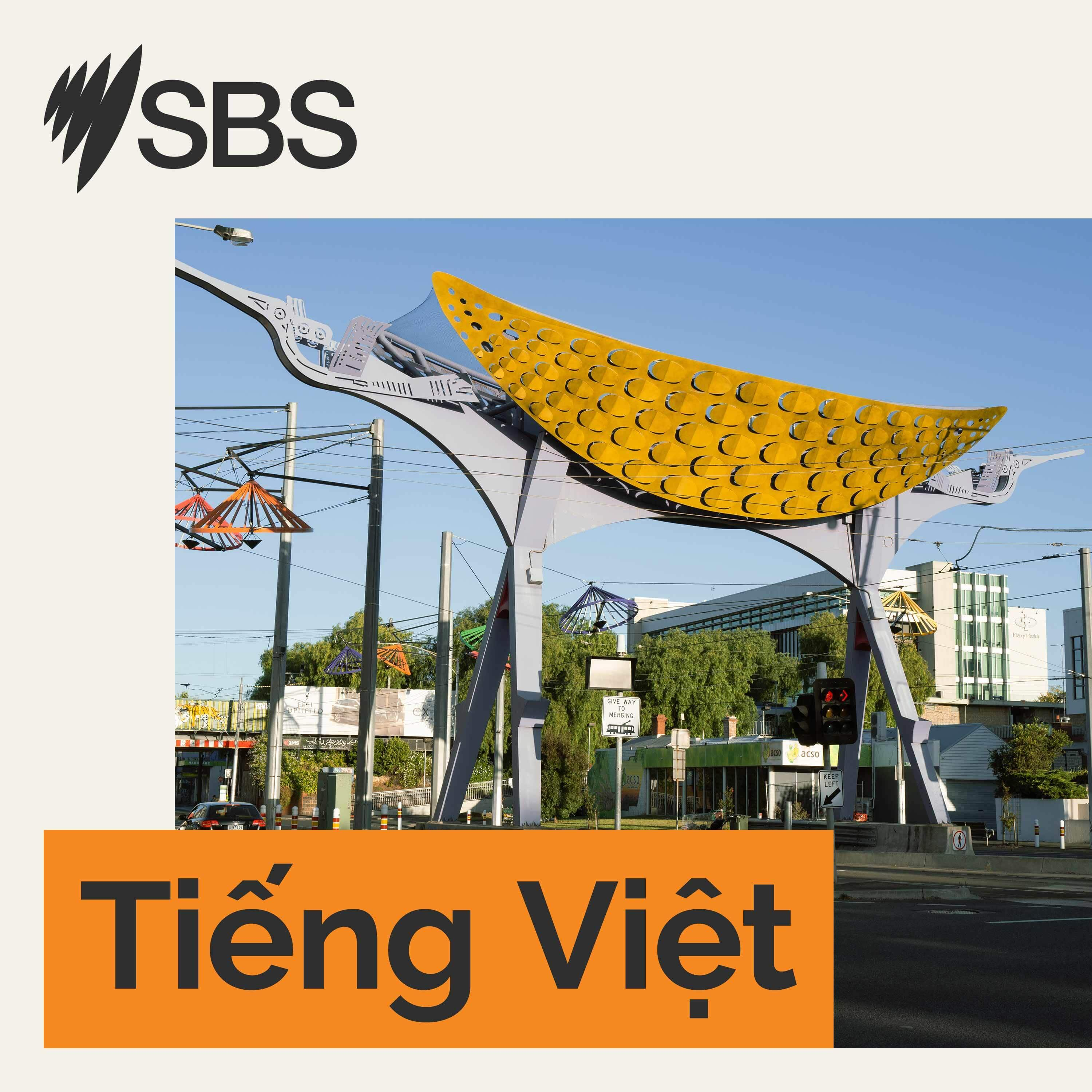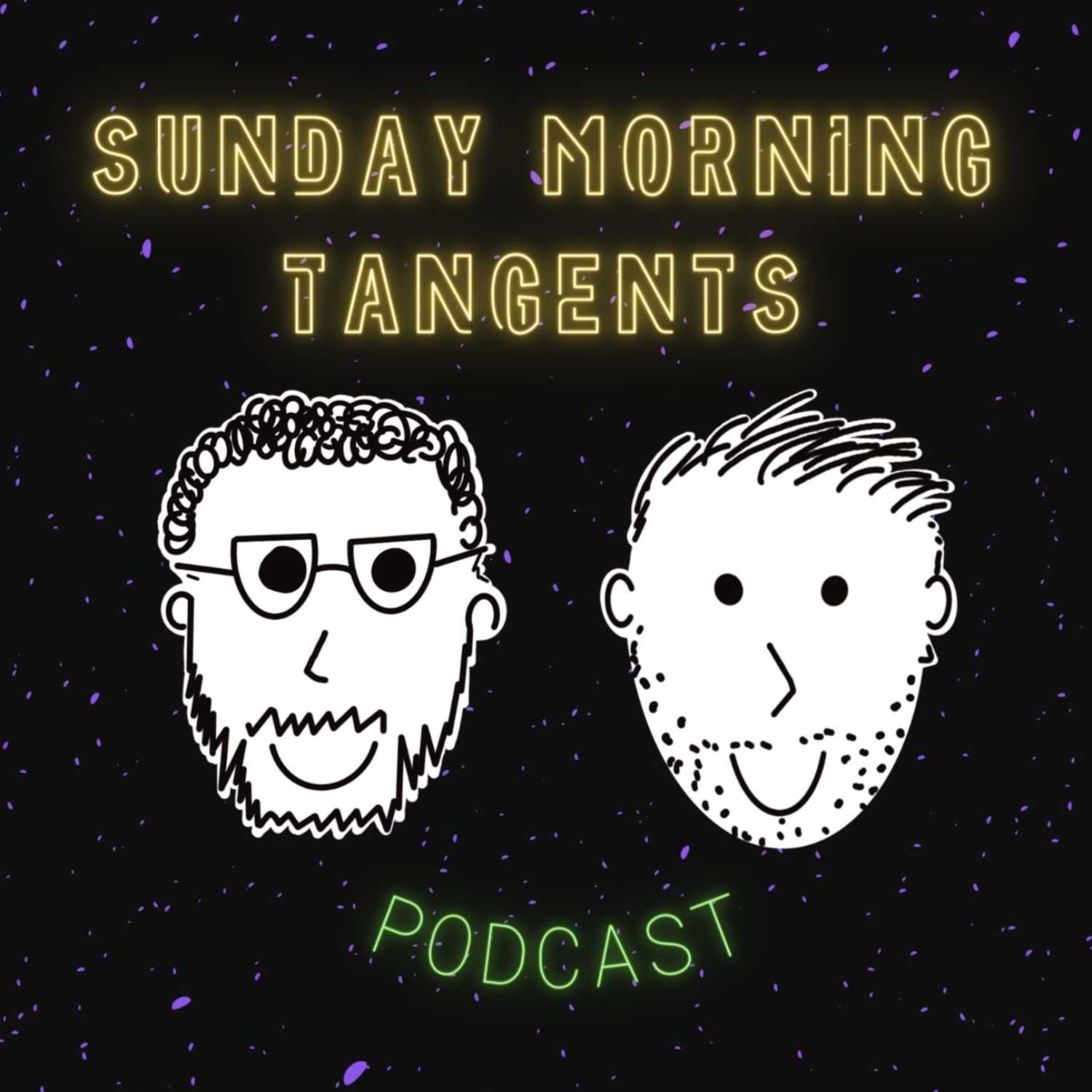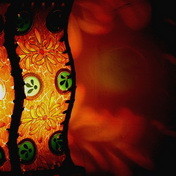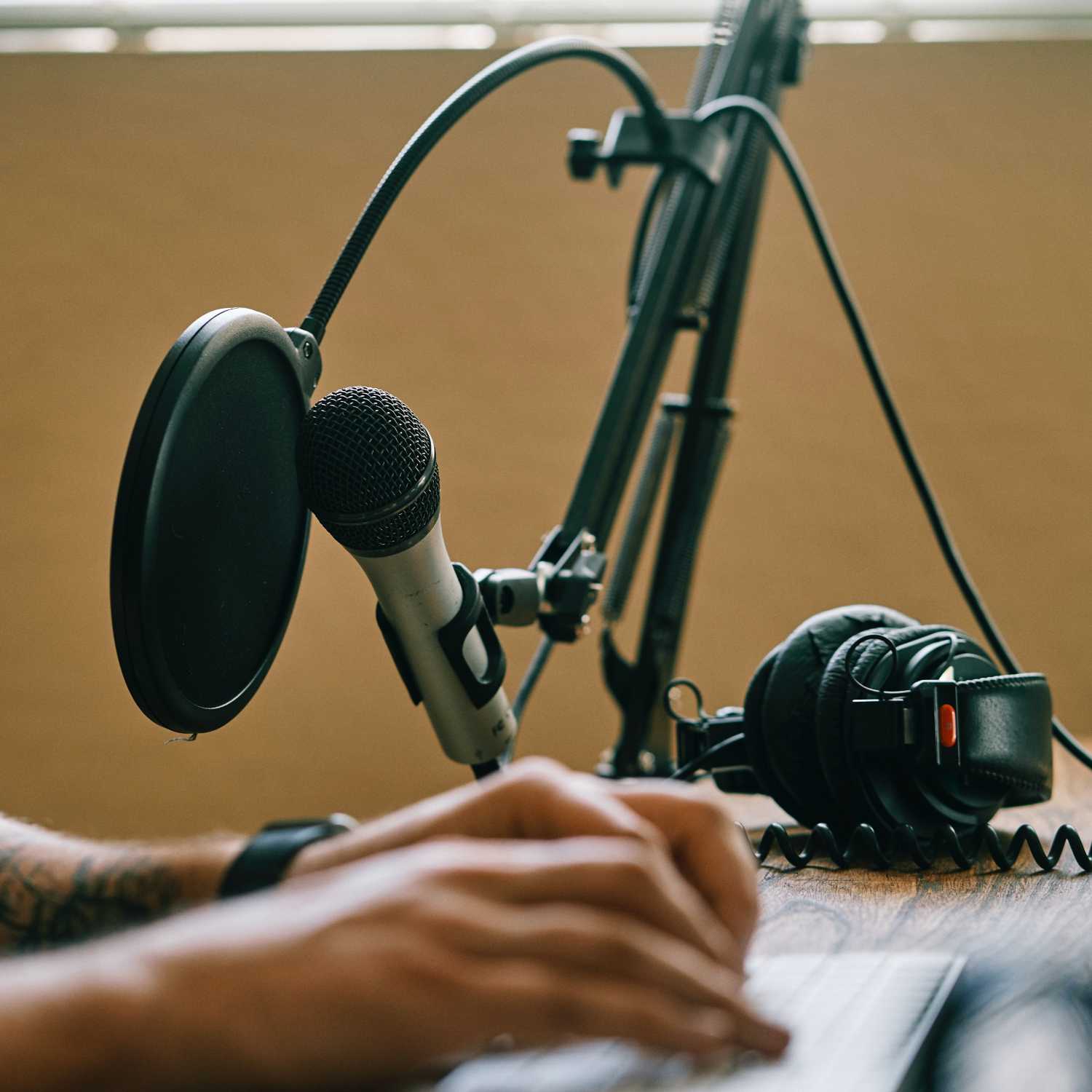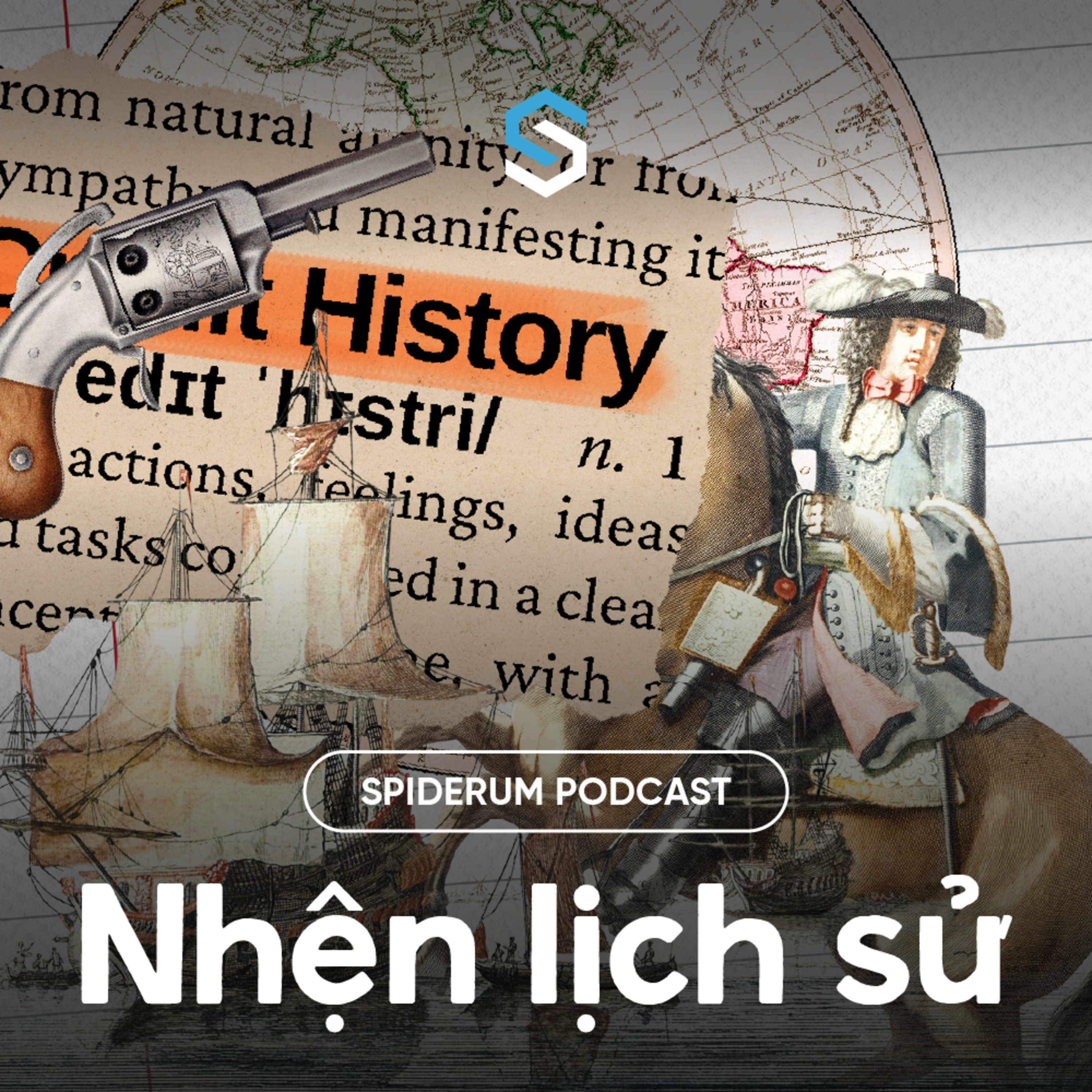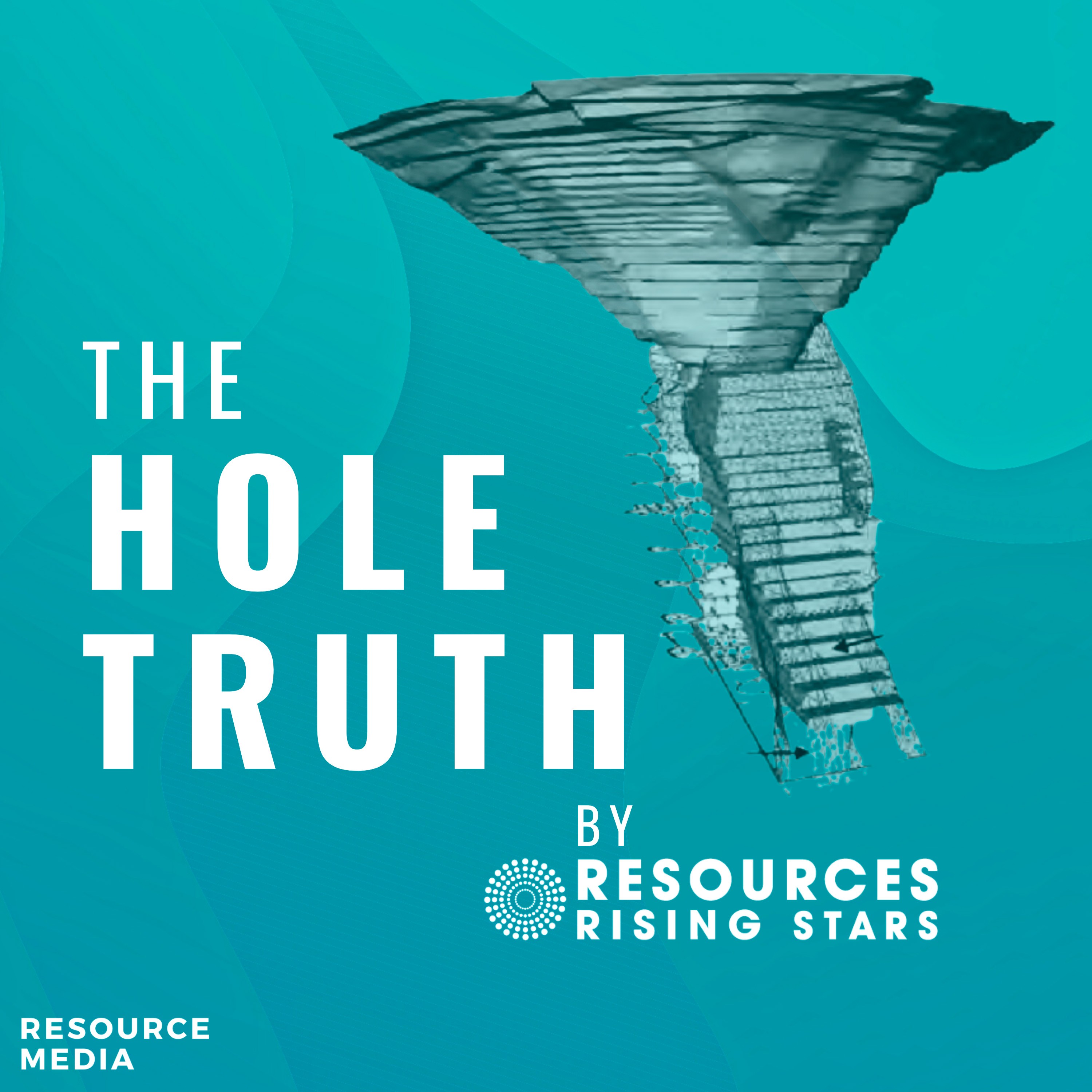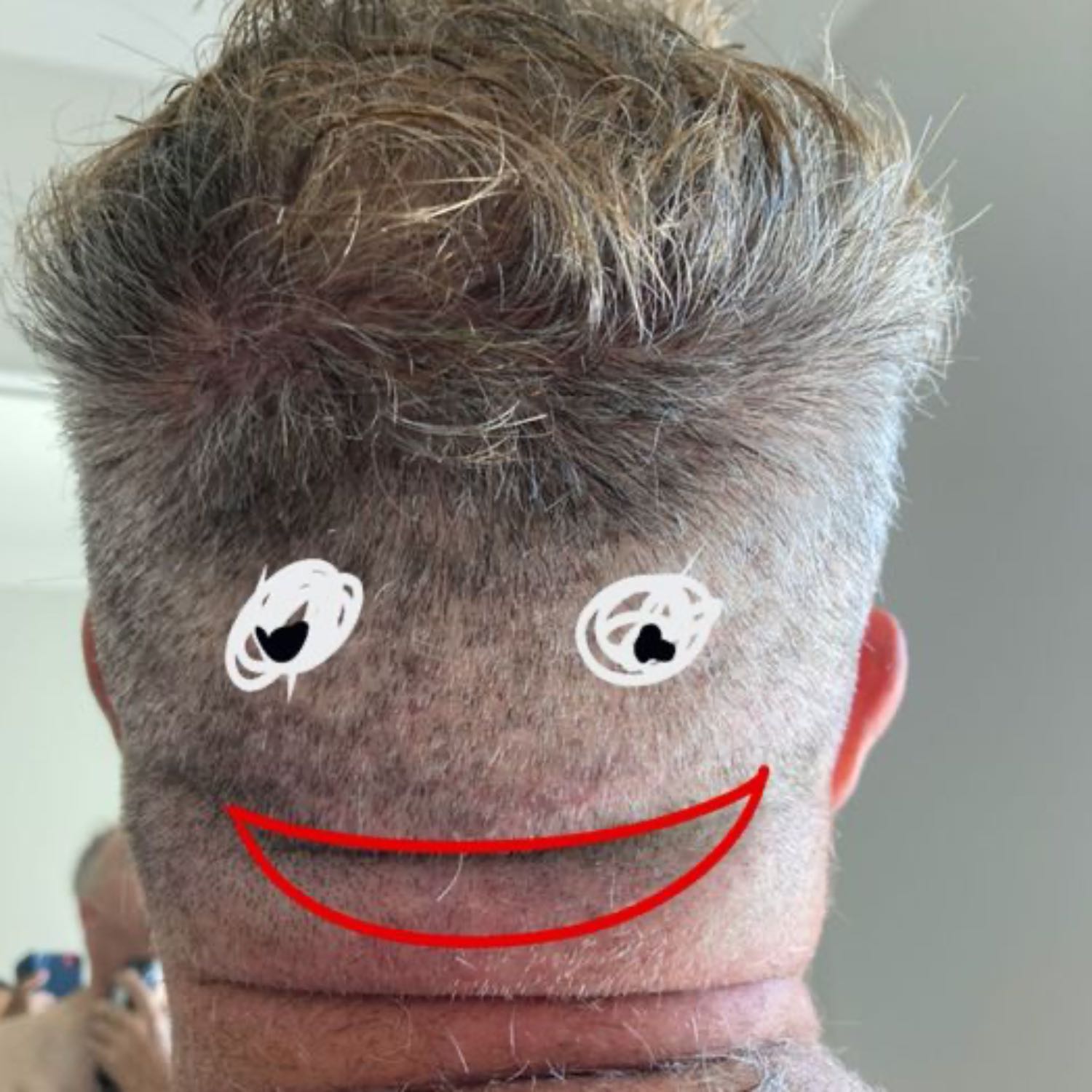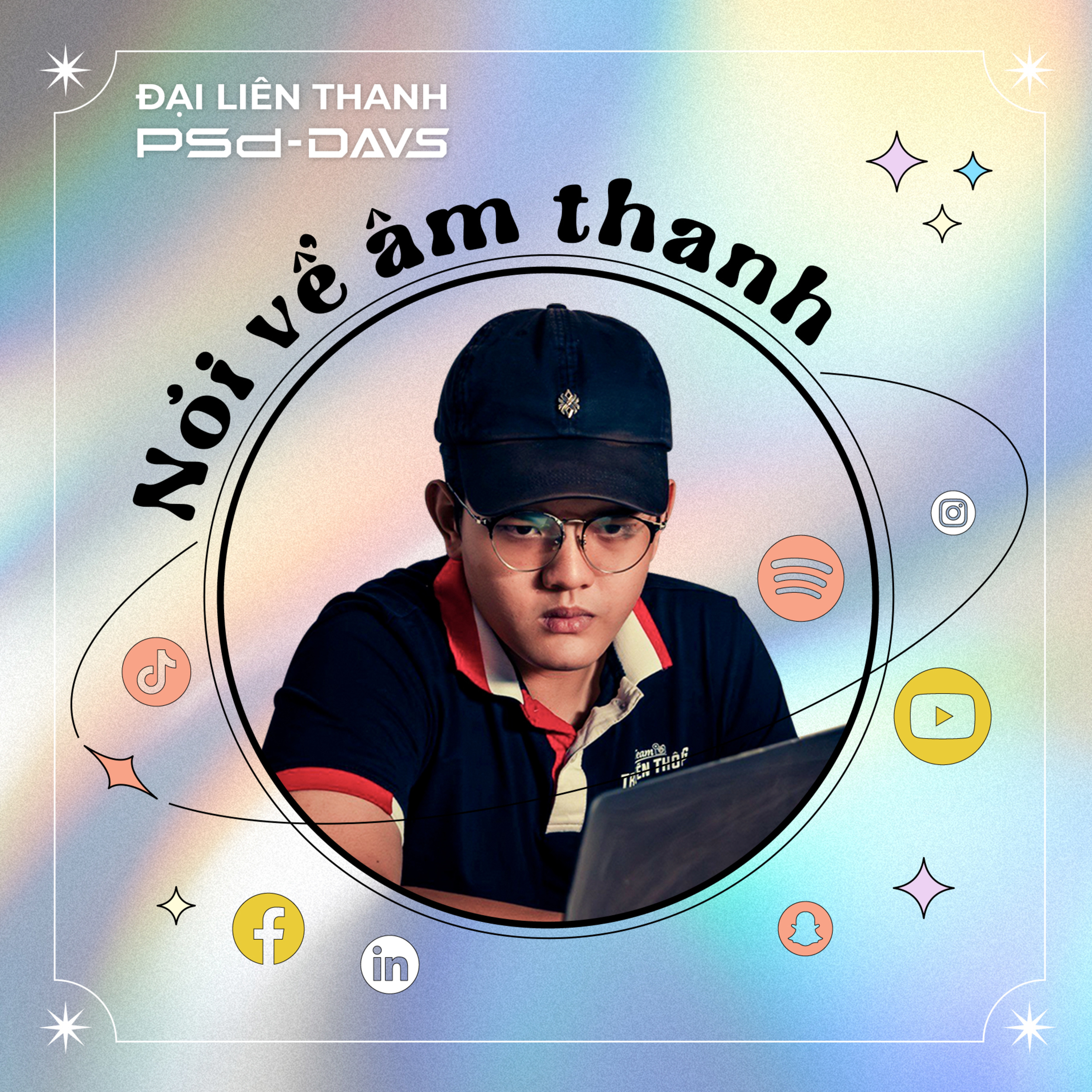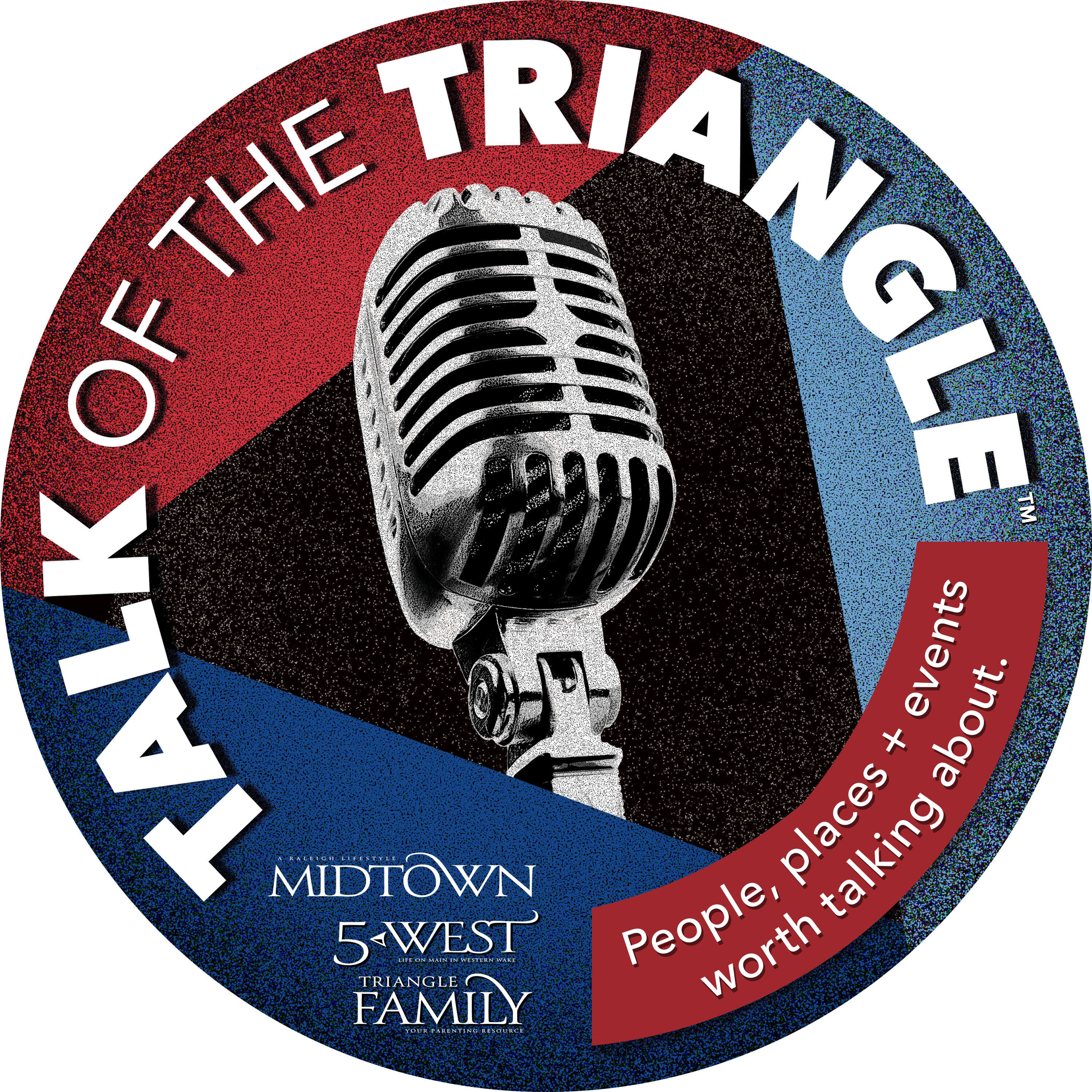Stargazing in the Triangle
Our Guest, Nick Eakes, a science education specialist for Morehead Planetarium and Science Center and a NASA/JPL Solar System Ambassador, discusses the best places to stargaze in the Triangle and the many space education resources available here.
Show Highlights
[00:05:44] Meet Nick Eakes and learn about his background in space science education. Nick shares how he stumbled upon his career through volunteering at Morehead Planetarium during high school—and eventually presenting in the planetarium—after his mentor suggested it.
[00:08:24] Learn about the significance of Morehead Planetarium and Science Center in the Triangle area and its history since 1949.
[00:09:04] Listen to a discussion about other planetariums across North Carolina, including the Perry PGA Astronomical Research Institute and the Shield Museum in Gastonia.
[00:10:04] Listen to a discussion on how programming varies between different planetariums and the general standard of the North Carolina Science standards used to design programs.
[00:11:04] Learn about the planetarium’s new show, "Forward to the Moon," which focuses on NASA's Artemis mission.
[00:11:24] Learn about NASA's Artemis mission and Christina Cook, an astronaut from North Carolina who is part of the Artemis 2 mission crew.
[00:12:04] Discuss why we're returning to the moon and how it serves as a testing ground for future missions, including Mars.
[00:14:04] Hosts Adam and Melissa discuss the importance of pushing ourselves to use new technology for space exploration and research purposes.
[00:14:24] Melissa speaks about the possibilities that could arise from revisiting the moon, given our technological advancements.
[00:14:44] Nick discusses NASA's plans for a more permanent presence on the moon, which could include a moon base or lunar gateway to make trips more efficient.
[00:15:04] Melissa jokingly suggests sending certain people to live on the moon, and Adam shares about his interest in visiting it.
[00:15:24] Adam shares his fascination with viewing Earth from space, as told by astronauts' first-hand accounts.
[00:15:44] Melissa, on the other hand, compares going to space to a rollercoaster or a slingshot ride, which she isn't too fond of.
[00:16:04] Nick shares the top questions often asked by children about space, including the existence of aliens.
[00:16:44] They discuss the “overview effect,” a cognitive shift often reported by astronauts when viewing Earth from space.
[00:17:24] Adam compares space flight to air flight, pointing out the necessity of trusting in technology and the people managing it.
[00:17:44] They joke about the differences in safety and oversight between NASA missions and amusement rides.
[00:18:24] They discuss the stargazing feature in the July issue of Midtown Magazine and the Guest's contribution to the article.
[00:18:44] Nick provides tips on what to expect for amateur stargazers, comparing it to fishing and emphasizing the importance of patience.
[00:19:24] He offers advice on how to get started with stargazing, from using your eyes and identifying bright stars to buying and using a telescope.
[00:20:24] Melissa shares her experience with a mobile app that identifies constellations and planets, which Adam agrees is useful for novice stargazers.
Resources
Morehead Planetarium and Science Center
NASA/JPL Solar System Ambassador program
NASA Artemis Mission



